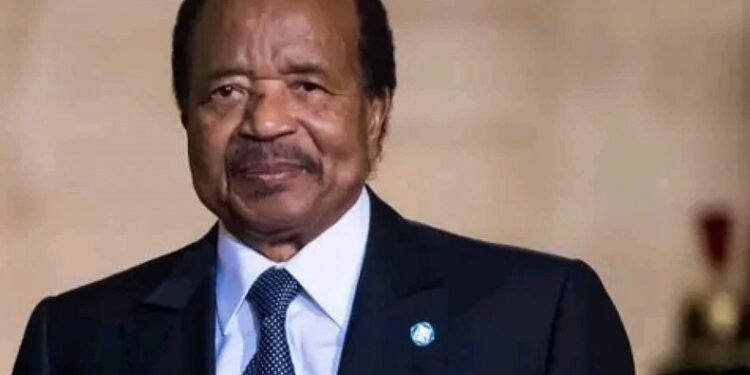In most African nations, the standard retirement age for the workforce stands at 60 years. However, there are African presidents who continue to govern well into ages surpassing 60. This article takes a closer look at the African leaders who have managed to hold on to power for over thirty years.
Longest serving African leaders in 2025
1. Paul Biya (Cameroon) – 50 Years
Paul Biya has held the presidency in Cameroon since the 6th of November 1982. He stands as the second-longest-reigning president in Africa, the world’s oldest current non-royal national leader, and the planet’s eldest head of state.
2. Teodoro Nguema Mbasogo (Equatorial Guinea) – 45 Years
Teodoro Obiang Nguema Mbasogo is an Equatoguinean statesman and former military officer who has maintained his position as the second president of Equatorial Guinea since the 3rd of August 1979. He claims the record for the longest-serving president in global history and ranks as the second-longest consecutively-serving current non-royal national leader worldwide.
3. Denis Sassou Nguesso (Republic of Congo) – 39 Years
Denis Sassou Nguesso is one of Africa’s longest-serving leaders, having first come to power nearly four decades ago. The highlight of his leadership has been the executive power he wields without meaningful legislative or judicial constraints. Despite periodic unrest and economic challenges, Sassou Nguesso remains one ofAfrica’s longest-standing rulers.
4. Yoweri Museveni (Uganda) – 39 Years
Uganda’s Yoweri Museveni was a part of the rebels who ousted Ugandan leaders Idi Amin (1971–79) and Milton Obote (1980–85). Recognized by the West as a hero, Museveni subsequently amended the rules in his favor by eliminating presidential term limits in 2005, thereby enabling an extension of his rule. His administration is commonly regarded as autocratic.
5. Isaias Afwerki (Eritrea) – 32 Years
As the first and only president of Eritrea since its independence in 1993, Isaias Afwerki has ruled with an iron fist, maintaining a single-party system with no scheduled elections. Often described as one of the world’s most repressive regimes, Eritrea’s leadership has been marked by military conscription, strict media control, and limited civil liberties.










